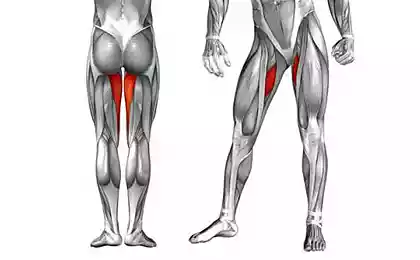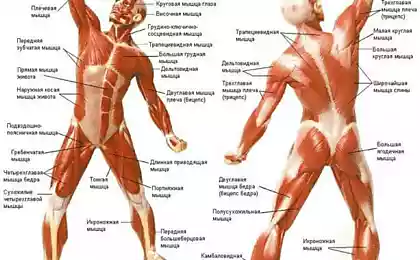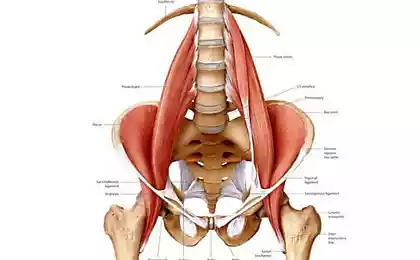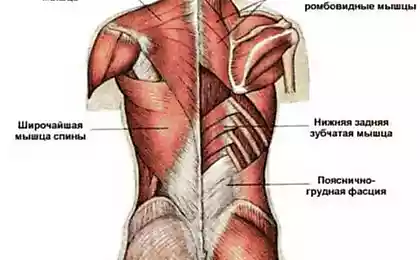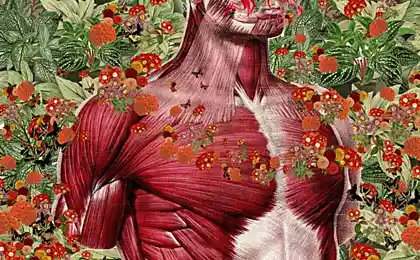472
What do squash, mushroom, fish eggs, and leg muscles
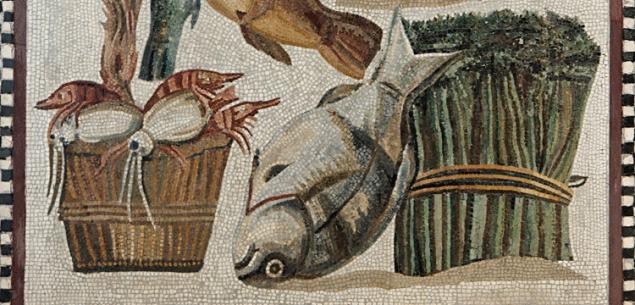
A fragment of Roman mosaic. Still life with fish, seafood and vegetables. II century
Photo: Jastrow, 2006
Domestic leaders and secretaries never paid no attention to their native language. And if comrade Stalin as a great scientist in "linguistics", of course, knew a lot about (at least, that's what tells us the brilliant Yuz Aleshkovsky), and our other leaders did not give him in the quest to reach the depths of domestic linguistics. Unforgettable "youth" performed by Nikita Khrushchev, branded "wieners fucking" from the late Leonid Brezhnev, and, of course, the "new thinking" of the late 90's- all it has turned into a story. As, I hope, is no less ridiculous in the past will be soon and dressing-thug lexicon of the current legislator of the Russian linguistic fashion.
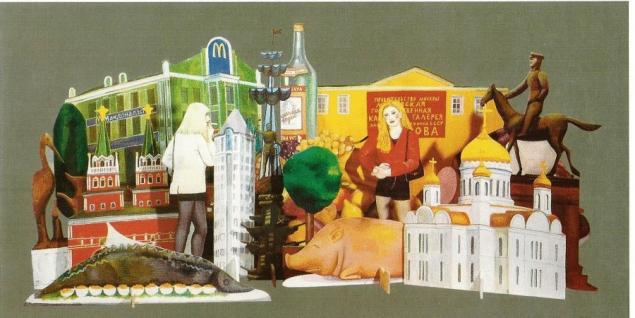
But laughter laughter, and linguistics is one of the major tools for the study of history. After all, that is not the language most clearly and brightly captures the spirit of the era. And sometimes opens (or conversely, hiding) some of its secrets. So our Saturday culinary mystery will be relevant to linguistics.
We came face to face with amazing coincidences. Now, just let's take a closer look. For example, the word "caviar". It is, after all, not only in fish it happens. In the dictionaries of Russian caviar is also "the dish, the pate with finely chopped vegetables, mushrooms and plants". The same mushroom spawn existed in Russian cuisine for hundreds of years.
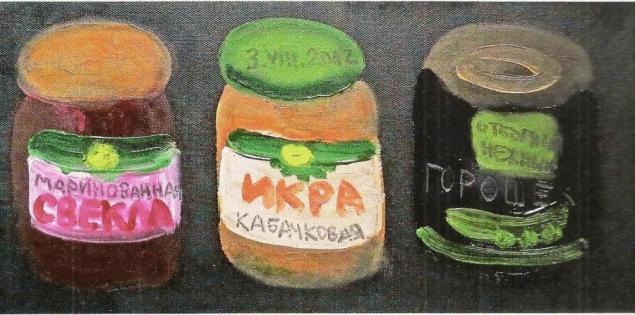
But really, with the word "Ikra" in Russian language is generally not so simple. After all, in addition to the above, it is also a muscle in my leg. I think this is just a coincidence. And here and there. The fact that these two concepts are called in one word in other languages. For example, the dictionary Vasmer gives examples: in the Bulgarian caviar — caviar (legs). The identity of these names can be traced in the Finno-Ugric languages — caviar and caviar legs, and in old-Dutch "kuit" is a "calf of the leg" and "fish eggs". That is, it seems, it has come to us from more ancient languages.
One of the reasons experts believe is also the origin of caviar from the words "edge", "cut". Indeed, for calf you need to "cut", cut the fish. But the same thing happens with the mushroom caviar. And eggplant with zucchini, too, need to "gut" to produce caviar. And gastrocnemius muscle also acts on the foot, as it is on the edge. However, this is just a guess.
Curious word "gymnastics" causes and well-known Russian orientalist V. V. Radlov (1837-1918). Tracing the similarity of words in politics and cooking. View, he draws our attention to the almost complete coincidence of the Latin words coalitus (Union, meeting, coalition) and coagulum (yoghurt, cheese). But simply because an intermediate term between them is coalescere (which means "to thicken, turn sour"). Here's how opposites converge — the high global politics and home life.
And now — please, mystery. The Latin language, although it is the cradle of modern Western civilization, after all, was not the ancestor of all modern words. And many of today's cooking and food terms came from other regions. For example, we all know yogurt. Obviously, native to this word was the Eastern-Turkish. Where our word "to turn sour" sounds (in transliteration) as ouyoughanmak, and sour milk — and even as yoghourd.

So, let's not forget that "to turn sour" is to become not only a sour taste. But also "to unite", "to thicken," "to cling to the lumps to each other." And this clearly allows us to consider the word outside of a culinary context. Not coincidentally radloff and leads the pedigree of one of the major peoples from this term. Indeed, and originated some of the nation — connecting from different branches and families, eventually forming dense, homogeneous, single entity. Yeah, well, what is there to explain! Awesome game history into the language and joined our current "yoghurt" and one of the ancient peoples of the world, more than a century living including in our country. Who are these relatives of our familiar sour-milk drink? published
Author: Pavel Syutkin
Source: www.livejournal.com/magazine/636319.html
Signs that your child is stuck in the on position alpha
10 interesting paradoxes for fans to smash his head

